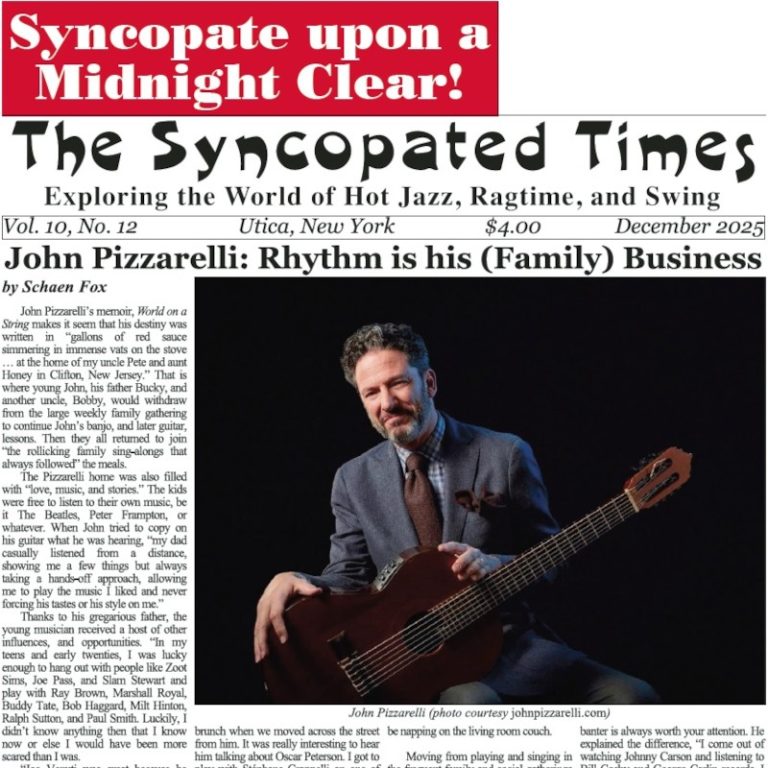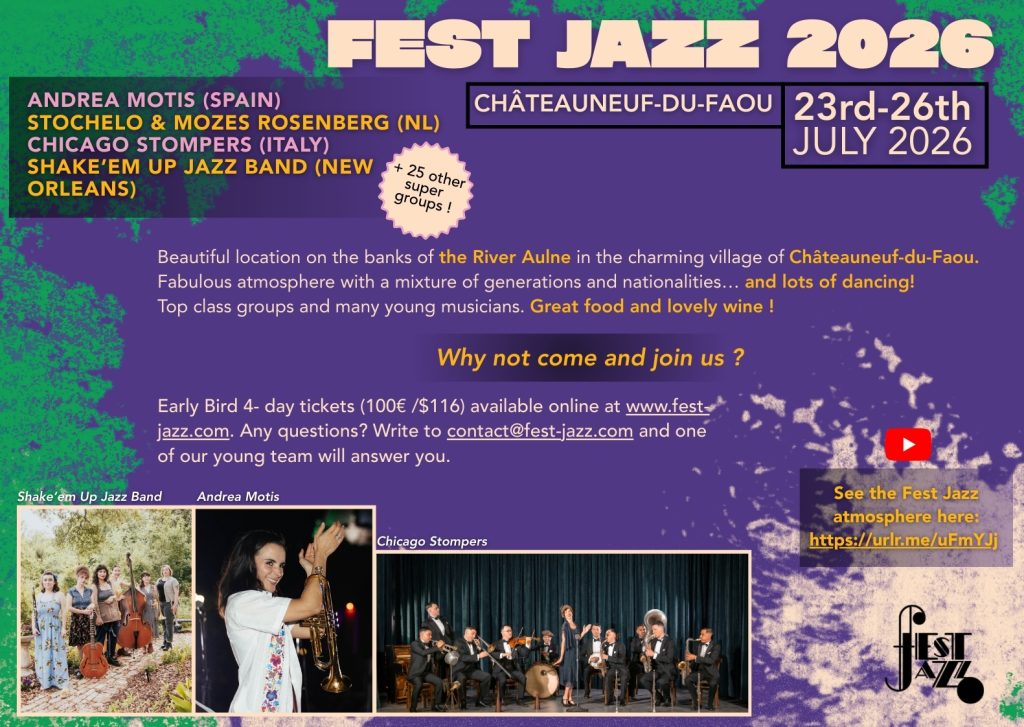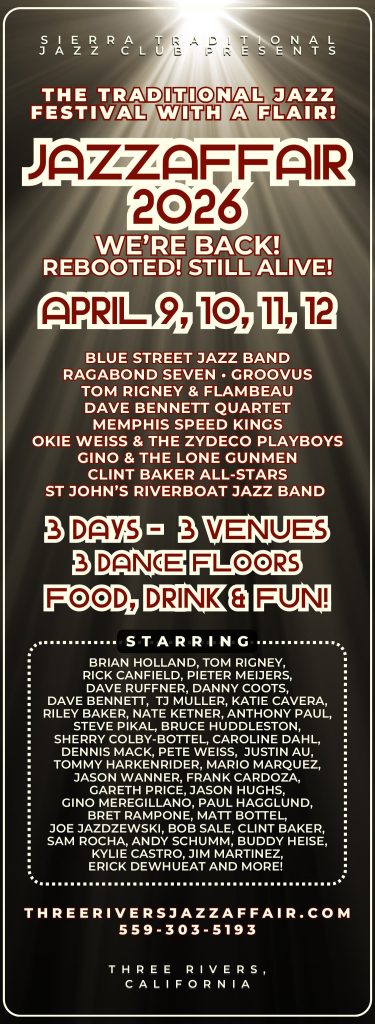"Jazz is Dead!" That’s what we are told time and again by the media, music publications and the general public. To satisfy my own curiosity, I frequently ask people what they think of jazz. Many don't know what jazz is, but they are sure they don't like it.
As you can see looking around our annual conference, jazz is anything but dead, but what are we doing to not only preserve this great art form, but continue to grow our audience and the music itself?
Not so unlike its much older big brother, classical music, jazz appears most at home in academic institutions. Often our audience is comprised of other musicians and students of the art. Is it possible we have gotten so wrapped up in the academic aspects of the music that we have forgotten the role of the music in the first place?
Jazz exists to make us feel—feel happy, feel sad, feel excited, feel heartbreak, feel elation, feel anything. But for some reason, somewhere along the way, it's almost as if we collectively decided that the music had a more important role than simply existing for enjoyment and betterment of the audience and the performer. Unfortunately, we haven't been able to identify what that higher purpose is.
It is not uncommon for jazz musicians to be accused of holding a lingering attitude of entitlement that they are owed an audience due to the countless hours of work required to master the craft. List
You've read three articles this month! That makes you one of a rare breed, the true jazz fan!
The Syncopated Times is a monthly publication covering traditional jazz, ragtime and swing. We have the best historic content anywhere, and are the only American publication covering artists and bands currently playing Hot Jazz, Vintage Swing, or Ragtime. Our writers are legends themselves, paid to bring you the best coverage possible. Advertising will never be enough to keep these stories coming, we need your SUBSCRIPTION. Get unlimited access for $30 a year or $50 for two.
Not ready to pay for jazz yet? Register a Free Account for two weeks of unlimited access without nags or pop ups.
Already Registered? Log In
If you shouldn't be seeing this because you already logged in try refreshing the page.




